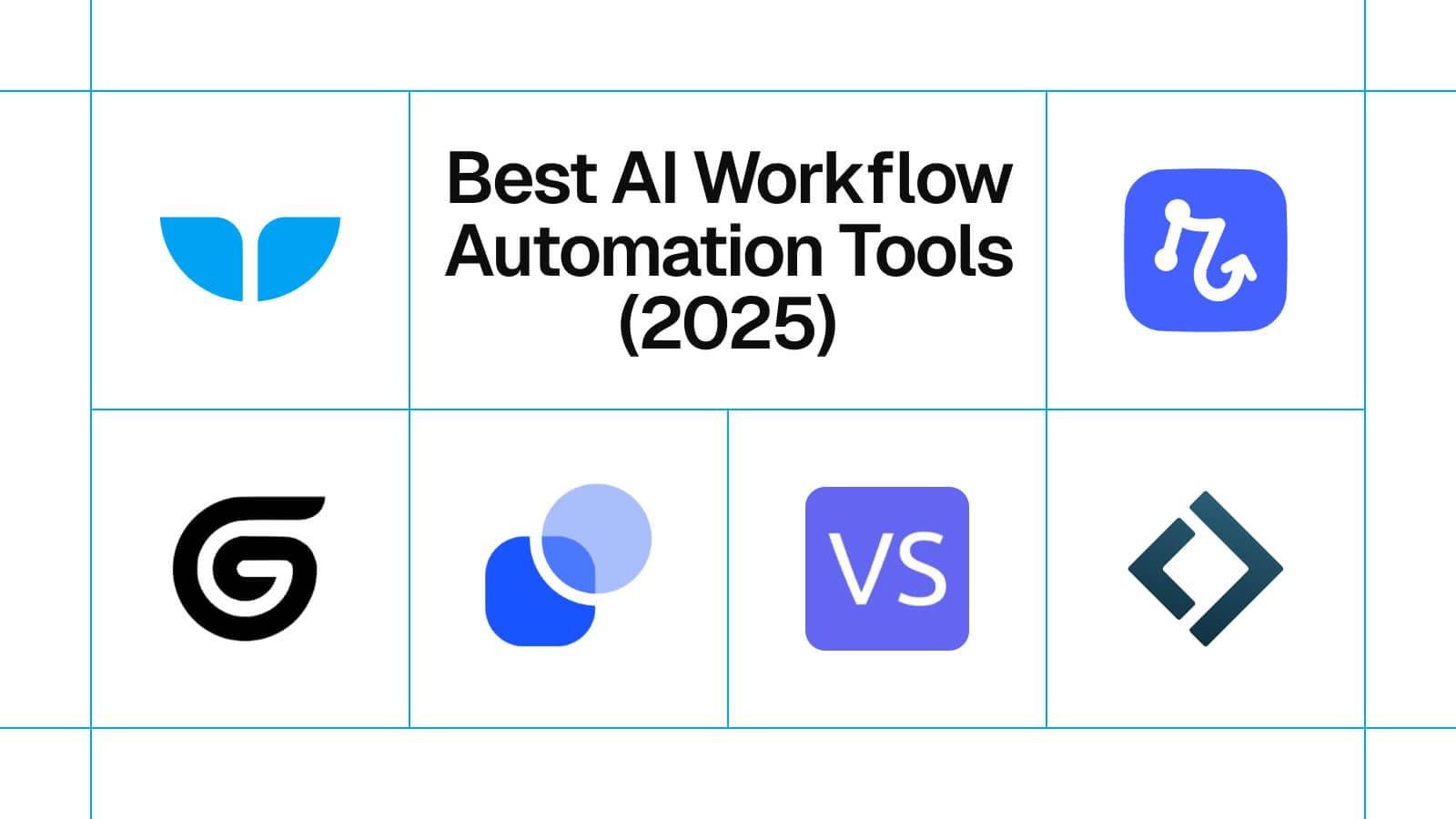

As we approach 2025, AI automation tools are revolutionizing workflows across industries. Let’s learn more about this topic below with Bottle Flip, exploring how these innovations are shaping the future of productivity.
Artificial Intelligence (AI) has made significant strides in recent years, and its impact on workflow management is becoming increasingly profound. As we look towards 2025, the integration of AI automation tools into various aspects of our work processes is set to transform the way we operate, both in educational settings and creative industries. The Bottle Flip phenomenon, while seemingly unrelated, serves as an interesting analogy for the way AI is flipping traditional work methods on their head.
In the realm of education, AI tools are revolutionizing how students approach their studies. From smart research assistants to adaptive learning platforms, these technologies are personalizing the educational experience and making information more accessible than ever before. Similarly, content creators are finding new ways to harness the power of AI to streamline their creative processes, generate ideas, and produce high-quality work more efficiently.
As we delve deeper into the world of AI automation tools, it’s important to understand their potential impact on different sectors and how they can be leveraged to enhance productivity and creativity. The Bottle Flip challenge, which took the internet by storm a few years ago, demonstrated how a simple concept could capture widespread attention and engagement. In much the same way, AI tools are capturing the imagination of students and creators alike, offering novel solutions to age-old problems.
The educational landscape is undergoing a significant transformation with the introduction of AI-powered tools designed to enhance the learning experience. These innovations are not just changing how students study, but also how they approach problem-solving and critical thinking. As we look towards 2025, the integration of AI in education is expected to become even more widespread and sophisticated.
One area where AI is making a substantial impact is in personalized learning. Adaptive learning platforms use AI algorithms to tailor educational content to individual students’ needs, pacing, and learning styles. These systems can identify knowledge gaps, suggest appropriate resources, and adjust the difficulty level of exercises in real-time. This level of customization ensures that each student receives a unique learning experience optimized for their personal growth and understanding.
Another revolutionary application of AI in education is in the realm of intelligent tutoring systems. These AI-powered tutors can provide instant feedback, answer questions, and offer explanations 24/7. Unlike traditional tutoring, AI tutors can work with multiple students simultaneously, providing personalized assistance at scale. This technology is particularly beneficial for students who may feel uncomfortable asking questions in a classroom setting or those who require additional support outside of regular school hours.
AI-driven research assistants are also becoming invaluable tools for students engaged in academic writing and research projects. These tools can help students navigate vast databases of information, suggest relevant sources, and even assist in organizing and synthesizing information. By streamlining the research process, students can focus more on analysis and critical thinking rather than getting bogged down in the mechanics of information gathering.
Language learning is another area where AI is making significant strides. AI-powered language apps use natural language processing to provide immersive learning experiences, offering real-time translation, pronunciation feedback, and adaptive vocabulary lessons. These tools are making language acquisition more accessible and efficient, allowing students to practice conversational skills with AI chatbots that can simulate native speakers.
As we approach 2025, we can expect to see even more innovative applications of AI in education. For instance, AI-enhanced virtual and augmented reality experiences could revolutionize how students interact with complex concepts, allowing for immersive learning experiences that bring abstract ideas to life. The integration of AI with Bottle Flip-like gamification elements could make learning more engaging and interactive, tapping into students’ natural curiosity and competitive spirit.
AI tools are not just transforming individual learning experiences; they’re also revolutionizing how students collaborate on group projects. AI-powered project management tools can help teams organize tasks, set deadlines, and track progress more efficiently. These systems can even suggest optimal task distribution based on team members’ strengths and workloads, ensuring a more balanced and productive collaboration.
Moreover, AI can facilitate more effective peer-to-peer learning. By analyzing students’ performance data, AI systems can match students for study groups or peer tutoring sessions, pairing those who excel in certain areas with those who need additional support. This AI-driven approach to collaboration can foster a more supportive and interconnected learning community.
The creative industry is experiencing a renaissance thanks to the integration of AI tools. Content creators across various domains – from writers and graphic designers to video editors and musicians – are finding new ways to enhance their creative processes and streamline their workflows. As we look towards 2025, the symbiosis between human creativity and AI assistance is set to reach new heights.
For writers and bloggers, AI-powered writing assistants are becoming indispensable tools. These sophisticated programs go beyond simple grammar and spell-checking, offering suggestions for style improvements, tone adjustments, and even helping to overcome writer’s block. Some AI writing tools can generate outlines, expand on given topics, or even create entire drafts based on specific prompts. While the human touch remains crucial for producing high-quality, original content, these AI assistants are invaluable for boosting productivity and sparking new ideas.
Graphic designers are benefiting from AI tools that can generate design elements, suggest color palettes, and even create entire layouts based on input parameters. These tools are particularly useful for quickly producing multiple design variations, allowing designers to explore a wider range of creative possibilities in less time. AI-powered image editing software is also making complex tasks like background removal, image upscaling, and color correction faster and more accessible to creators of all skill levels.
In the realm of video production, AI is revolutionizing everything from pre-production planning to post-production editing. AI-powered video editing tools can automatically cut footage, suggest optimal transitions, and even generate captions and subtitles. Some advanced systems can analyze the emotional content of videos and suggest appropriate background music or sound effects. These tools are enabling video creators to produce high-quality content more quickly and with smaller teams.
Musicians and audio producers are also reaping the benefits of AI innovation. AI-powered music composition tools can generate melodies, harmonies, and even entire tracks based on specific genres or styles. These tools are not meant to replace human creativity but rather to serve as a source of inspiration and a means to explore new musical territories. AI is also being used in audio mastering, helping to achieve professional-quality sound with greater efficiency.
As we approach 2025, we can anticipate even more groundbreaking AI tools for content creators. The integration of AI with augmented and virtual reality technologies could open up new frontiers for immersive storytelling and interactive content creation. AI-driven content personalization could allow creators to tailor their work to individual audience members in real-time, creating more engaging and impactful experiences.
While the potential of AI tools for content creation is immense, it’s crucial to address the ethical considerations that come with their use. Issues of copyright, originality, and the role of human creativity in an AI-assisted world need careful consideration. As we move towards 2025, it’s likely that new guidelines and best practices will emerge to ensure that AI tools enhance rather than replace human creativity.
The key to leveraging AI tools effectively lies in viewing them as collaborators rather than replacements. The most successful content creators of the future will likely be those who can seamlessly integrate AI assistance into their workflow while maintaining their unique creative vision. Just as the Bottle Flip challenge required human skill and creativity to perfect, the art of content creation will continue to rely on human ingenuity, with AI serving as a powerful enhancer of our creative capabilities.
As we look beyond 2025, the potential for AI automation in workflow management seems boundless. The tools and technologies we’ve explored are just the beginning of a profound shift in how we approach work, learning, and creativity. The integration of AI into our daily workflows is set to become more seamless and intuitive, with AI assistants becoming as commonplace as smartphones are today.
One area of significant potential is the development of more sophisticated natural language processing capabilities. As AI becomes better at understanding and generating human-like text, we can expect to see more advanced conversational interfaces. These could take the form of AI collaborators that can participate in brainstorming sessions, offer real-time suggestions during meetings, or even act as virtual team members capable of taking on complex tasks.